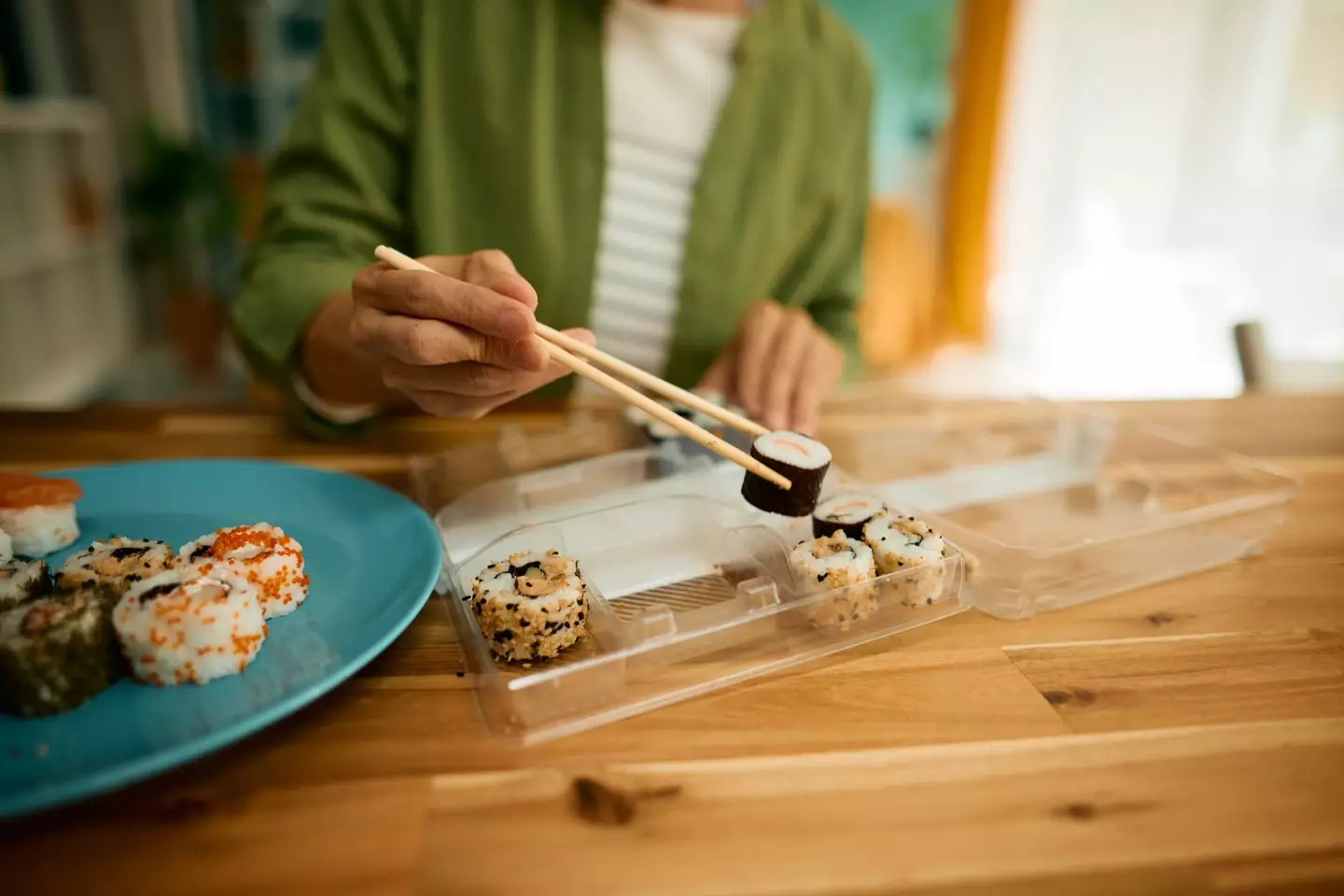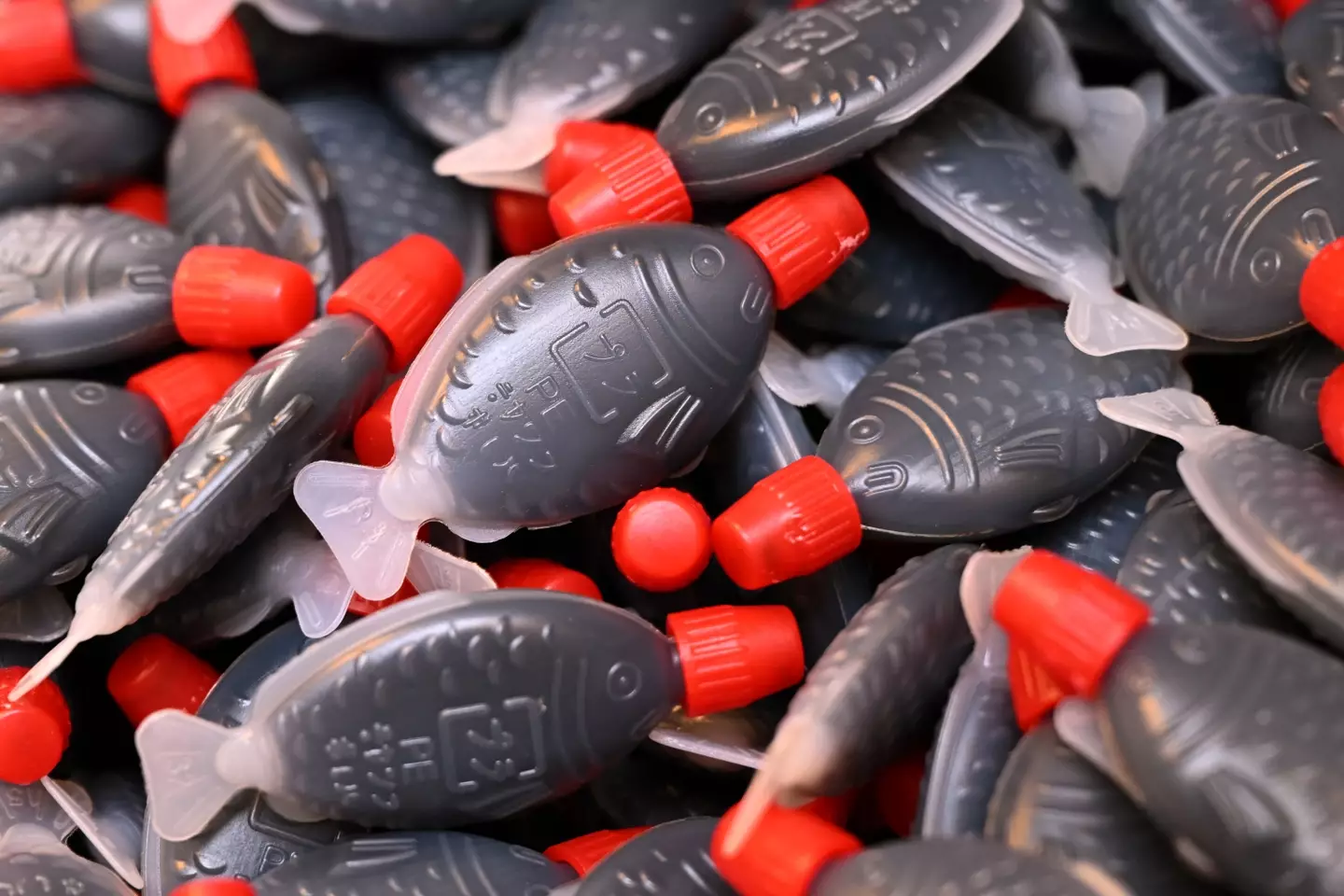
A state in Australia has banned the fish-shaped soy sauce bottles used with sushi.
The little bottles are a global staple of sushi, containing just enough to season the portion in a pack, or nowhere near enough if you like more than a dribble of soy sauce.
Their cute fish shape has made the tiny bottles a well-known part of tucking into a sushi lunch.
Now, however, South Australia is set to ban the bottles as it turns out that while they have a nice fish design, they're actually very bad for real fish.
Advert
It's all part of an effort to reduce the use of single-use plastics, and though the bottles may be cute and convenient, it's hard to justify using them when they'll be in a landfill for decades after being used for just a few seconds.

Susan Close, the Environment Minister and Deputy Premier for South Australia, slammed the use of the damaging little plastic bottles earlier this month.
"Each fish-shaped container is used for just seconds, yet remains in the environment for decades or centuries if littered," she said, per BBC News.
She added: “Their small size means they’re easily dropped, blown away, or washed into drains, making them a frequent component of beach and street litter."
It is hoped that the ban on using the tiny containers will 'reduce pollution, cut carbon emissions, and protect marine life'.
The ban came into force on 1 September and is the latest in a series of new laws aiming to reduce waste.
Other bans have been put in place on supermarket carrier bags, as well as plastic straws, cotton buds, drink stirrers, and confetti, as well as several other products.
This latest ban includes pre-filled 30ml soy sauce containers that have a cap, lid, or stopper.

Called 'shoyu-tai', the bottles were invented in Japan by Teruo Watanabe in 1954, and were originally made of glass or ceramics before a plastic version started being manufactured.
People in South Australia can still have soy sauce on their sushi if they want, it just won't be available in the little single-use plastic bottles.
It comes as microplastics, which are tiny fragments of plastic, are being found even in the deepest parts of the ocean.
Increased levels of plastics being dumped into the sea have a devastating impact on marine life, including choking and even poisoning sea creatures.
The chemicals also have the ability to render seafood dangerous for human consumption, as pollutants build up in fish.
So if you're a fan of sushi and want to continue to be able to eat it sustainably, maybe avoid the plastic bottles.
